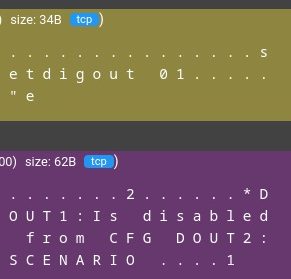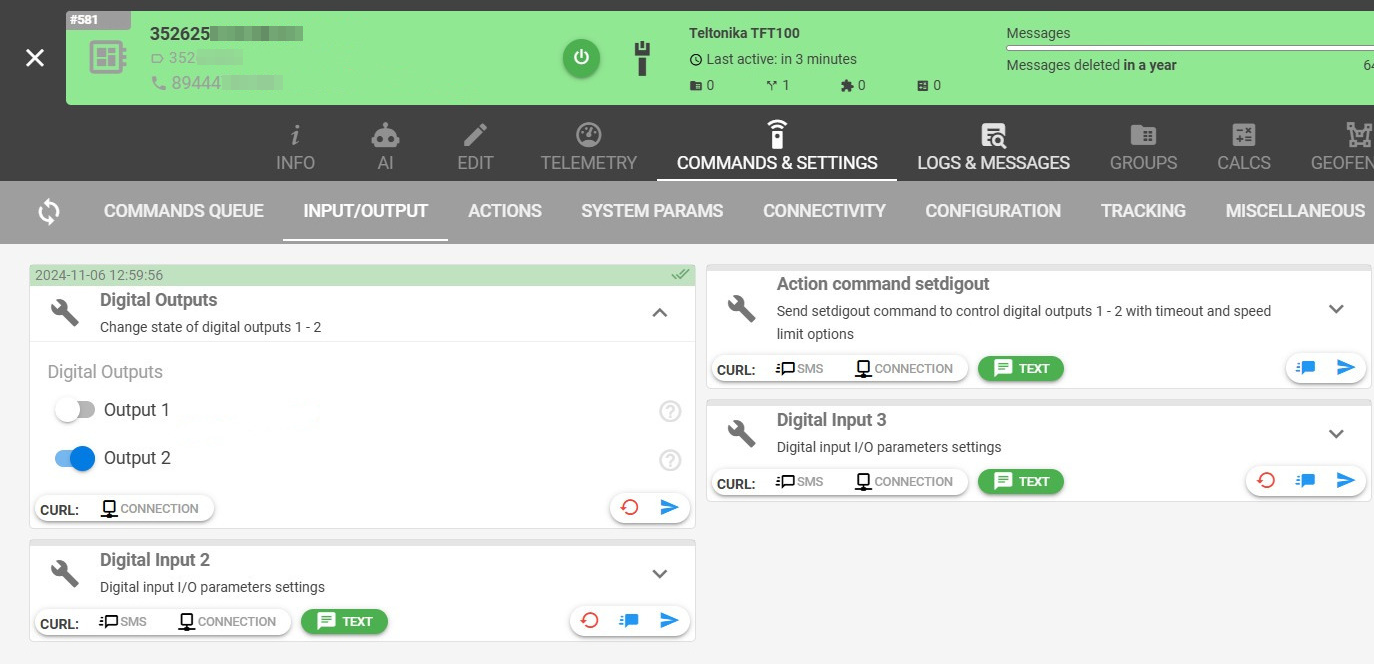When we set out to build codi, our AI assistant, we knew it would lighten the load on our support team. But it’s ended up transforming how we handle support entirely. Today, he is a reliable partner in onboarding, troubleshooting, and handling issues we couldn’t have anticipated.
The star was born
Codi’s journey began with a practical vision: we wanted to ease the support team’s workload, especially overnight and in multiple languages. Our goal was straightforward — let him handle common questions, giving us more time to spend on development. While it quickly managed basic inquiries, complex questions often required a list of knowledge base links, making it less streamlined for users. But as our little pal grew, it absorbed seven years’ worth of our experience, eventually becoming capable of delivering more comprehensive responses. This led our users to engage differently, moving from self-study to asking tricky questions, an approach we encouraged to make interactions more efficient. Getting the right answer became simpler than digging through documentation.
How It evolved
The demand for codi’s support increased so rapidly that our human support involvement kept shrinking—a trend we track frequently in our changelogs. As user queries became more technical, he kept pace, gaining access to account-level data, real-time and historical logs, and device setup guides. Now, it can walk users through configurations, making onboarding for newcomers smooth and assisting seasoned users with complex tasks. Enterprise-level clients, in particular, benefit from AI’s ability to handle intricate scenarios swiftly, while our team remains available for more personalized guidance on things like scaling and optimization.
What’s happening now
While codi manages most basic requests independently, we’re still present behind the scenes. :) He translates messages from any language, preps a quick context summary of the current chat session, and provides completion suggestions we can review or build on. This setup lets us focus on unique cases, especially those involving business-scale solutions. With routine technical queries handled by codi, our team can offer tailored advice where it counts.
The day codi outperformed us
Yes, that day came. :) We’ve often hinted that codi sometimes gives better answers than a flespi engineer, and now we’re making it official.
Here's the first case. The user reached out for help because their device wasn’t responding to toggling the selector in the flespi panel.
The dispatcher pointed out that, in raw traffic, the device's second digital output is defined by a specific scenario. So, logically, the advice was to check the scenario configuration. 
However, there’s no dedicated "scenarios" tab in the device configurator interface, making it hard to know where to start. We could just suggest where to dig further while AI thoroughly listed all the scenarios in the blink of an eye.
Another piece of art. Using calculators can be tricky, even though they lie in a strict analytics paradigm. Such requests often require a human touch, but even the best of us can accidentally overlook certain tiny details.
For instance, the user needed a way to regenerate intervals generated by calculators for specific dates and trigger associated webhooks via MQTT topics and asked if recalculated intervals would be delivered over MQTT.
If you add any counter to the calculator, it will trigger a recalculation of intervals and publish a topic ending with 'updated'. So, the dispatcher had already started typing 'yes' but thought to check it with codi. Codi stepped in and immediately pointed out two missing pieces of the puzzle that needed to be in place.
Is it all over?
Not quite! There are still cases where human intervention matters. Some users need guidance that an AI just can’t offer yet. Sometimes we have set a goal codi can’t quite understand, or we insist on solving the problem in a particular way. Here, we bring our experience and insight to propose tailored alternatives. A few users still prefer reaching out to a human directly, but once they see AI’s accurate answers — especially on complex tasks like coding or automation — they tend to switch over.
We know there’s no going back now; AI is integral to support here. He's become a good friend to many of you. We're just as curious to see where this path will take us...

